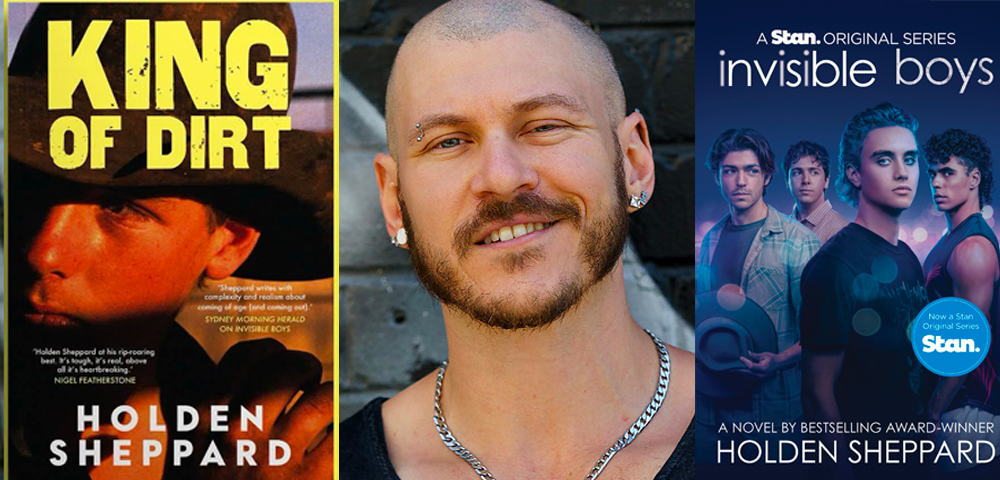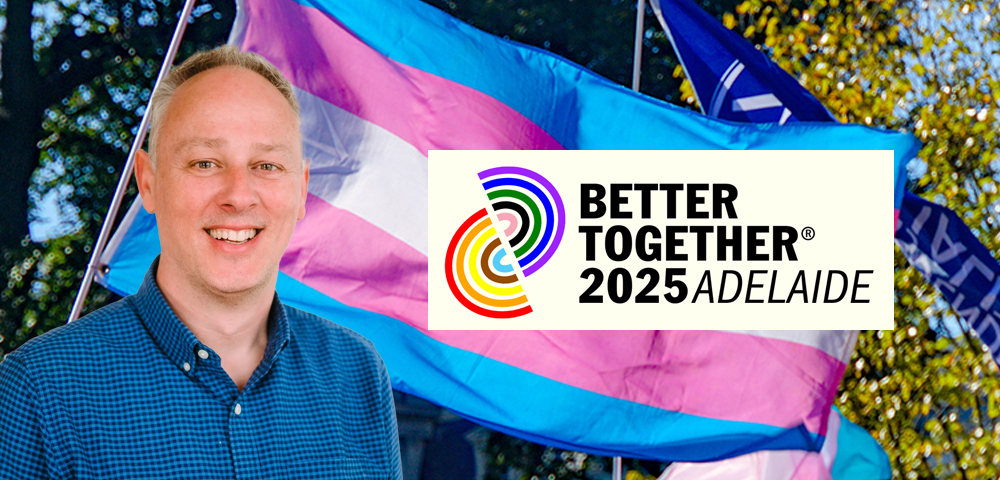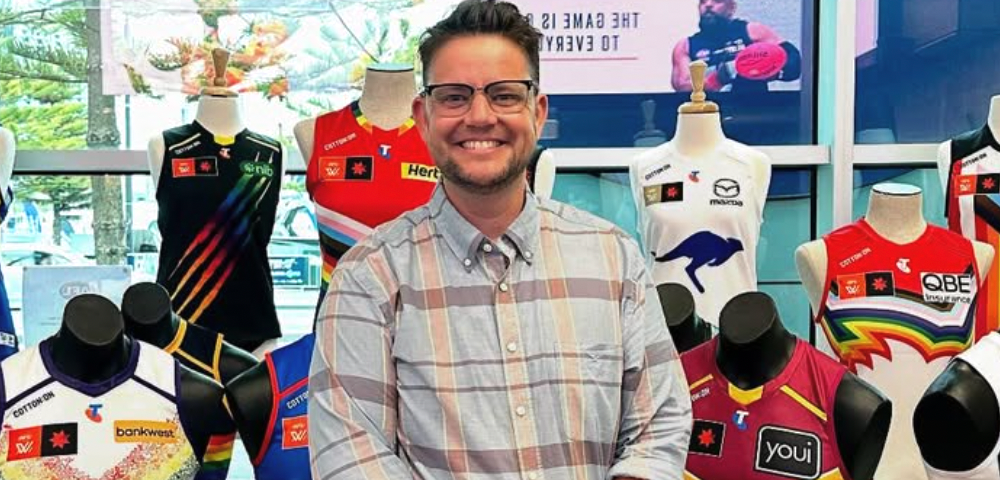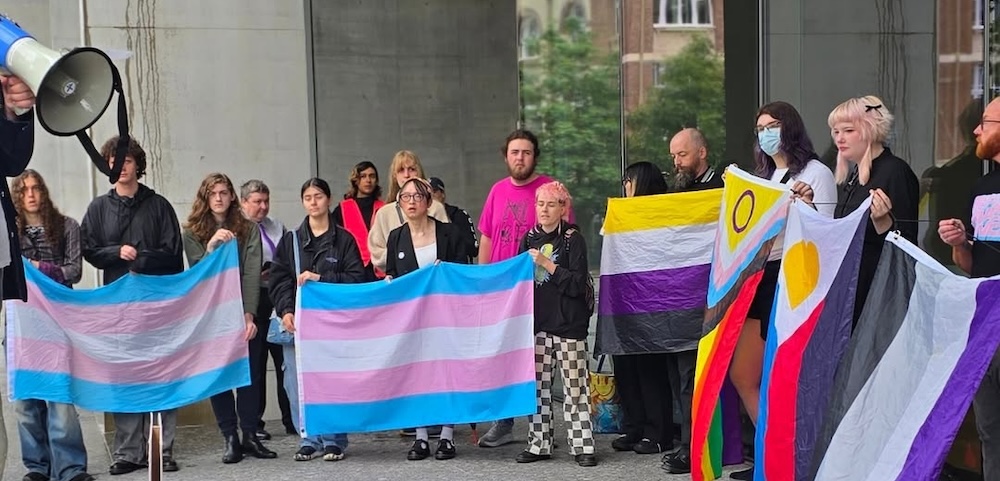
12 things gay and bisexual men should know about prostate cancer
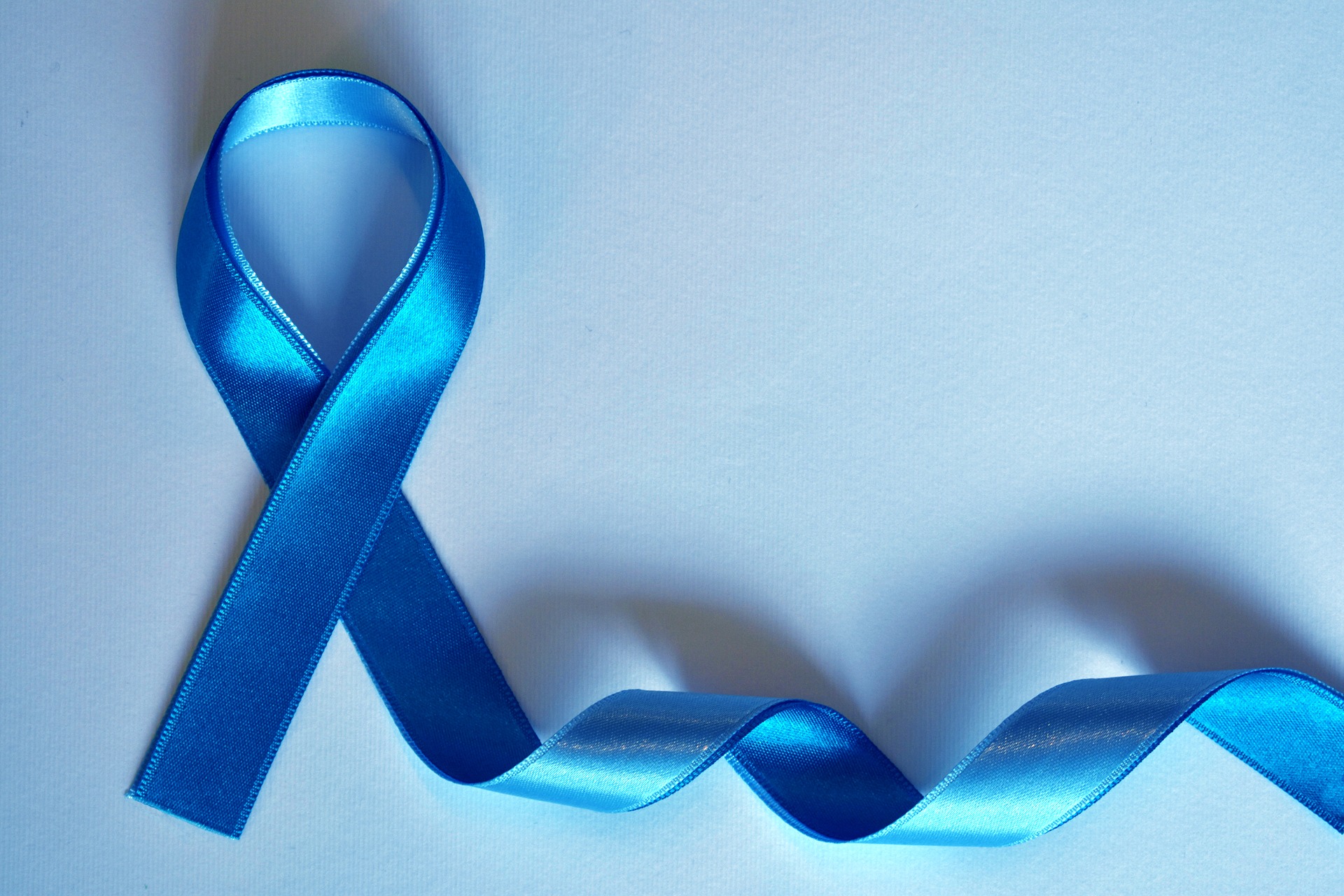
One in seven gay or bisexual men are diagnosed with prostate cancer in their lifetimes. Simon Rosser, Jane Ussher, and William West have penned a helpful list of everything you should know.
***
How common is prostate cancer in our community?
Prostate cancer is the most common cancer in the gay and bisexual male community. One in seven gay men will be diagnosed in their lifetimes. Gay male couples have two prostates between them, so have twice the risk of heterosexual couples.
What are the symptoms of prostate cancer?
There are no obvious symptoms. Prostate cancer is diagnosed through a PSA blood test and by a doctor feeling for abnormalities through a finger up the butt exam.
So, what causes prostate cancer?
Older men, those with a family history of prostate cancer, or with previous kidney, bladder, or lung cancer, are at greater risk of diagnosis. African American men are more likely to have prostate cancer than Asian men. Being overweight, and lack of exercise are also risk factors.
Why is prostate cancer in gay men a special issue?
Research has shown that gay and bisexual men are more distressed by the sexual changes that can result from prostate cancer treatments. This includes erectile problems, loss of ejaculate, and painful anal sex. Some gay men say prostate cancer makes them feel old before their time.
If I want to be checked for prostate cancer, what should I know?
Talk to your doctor. They will organise a blood test and a digital rectal exam. Massage of the prostate can affect blood results. We recommend you don’t have receptive anal sex or other anal stimulation for 48 hours before the blood is drawn.
Does being diagnosed mean you have to be treated?
No. Many men with low-risk prostate cancer never need treatment. Instead, they go on what is described as ‘active surveillance’. This simply involves having a blood test every three months, and sometimes additional biopsies to track if the cancer is changing.
Is prostate cancer contagious?
No. If your boyfriend, husband, or a male sex partner has prostate cancer, you cannot get it from him.
What’s it like to be diagnosed with prostate cancer?
The initial diagnosis can be scary and requires a biopsy, which can be uncomfortable. Don’t panic. Prostate cancer has a survival rate of over 99 per cent, provided it is treated early. Most prostate cancer is slow growing, so you can consider treatment options at your own pace.
How does it affect being gay?
Difficulties in having an erection, or loss of ejaculate, causes some gay men to feel less attractive or desirable. HIV risk can be increased if erections are not strong enough for condoms, or if men decide to bottom more instead. However, some gay and bisexual men report that their sex life is better after prostate cancer, as it encouraged them to explore new ways of having sex.
What’s gay sex like after treatment?
Good sex is possible after treatment. But it can take time – up to two years post-treatment. Talking about sexual changes and concerns with your partner is essential. Try new sexual positions or activities. Some tops become bottoms. Erections don’t just happen. You may have to plan sex if it is to be successful. You may find erectile drugs, injections, vacuum pumps, cock rings, and sex toys to be a help.
What should I think about in choosing a specialist?
Finding healthcare professionals who understand gay and bisexual men’s concerns is important, but sometimes challenging. Many doctors focus on what treatment will result in long-term survival. Some doctors are not good at talking to patients, or discussing sex. Many don’t understand gay sex. Most gay and bisexual men are sexually active and want to remain so after treatment. It’s critical to find a specialist you can be open with, and have your questions answered.
If I’m gay, bisexual, or a man who has sex with men living with prostate cancer, where can I get information or help?
See our just published book: Gay and Bisexual Men Living with Prostate Cancer: From Diagnosis to Recovery. Available in Australia and New Zealand from Amazon Australia or Footprint Books.
For support services: The Prostate Cancer Foundation of Australia (PCFA) has groups for gay and bisexual prostate cancer patients in Australia: www.prostate.org.au. If you are interested in taking part in research on LGBTI cancer survivorship in Australia, contact: outwithcancer@westernsydney.edu.au.
Dr. Simon Rosser is a gay men’s health researcher and Dr. Bill West a health communication specialist at the University of Minnesota. Dr. Jane Ussher is a Professor at Western Sydney University, leading an Australian Research Council funded study on LGBTI cancer.
Related reading: Prostate cancer is different for gay and bisexual men




